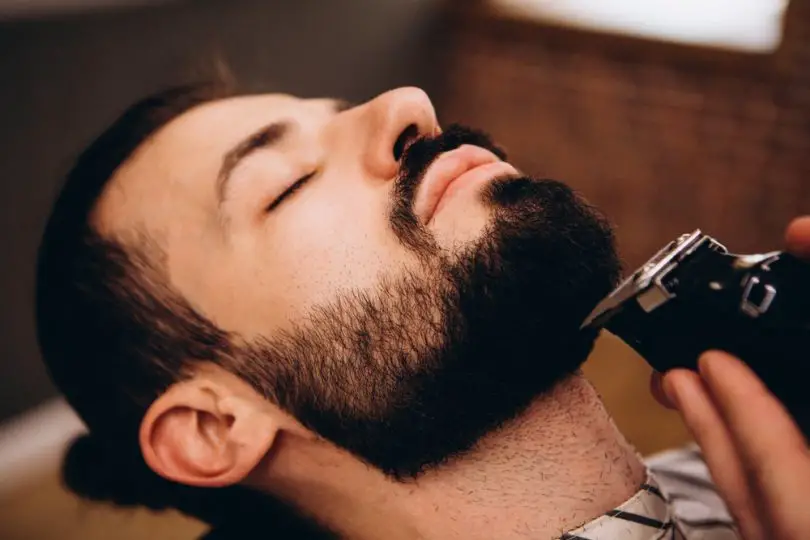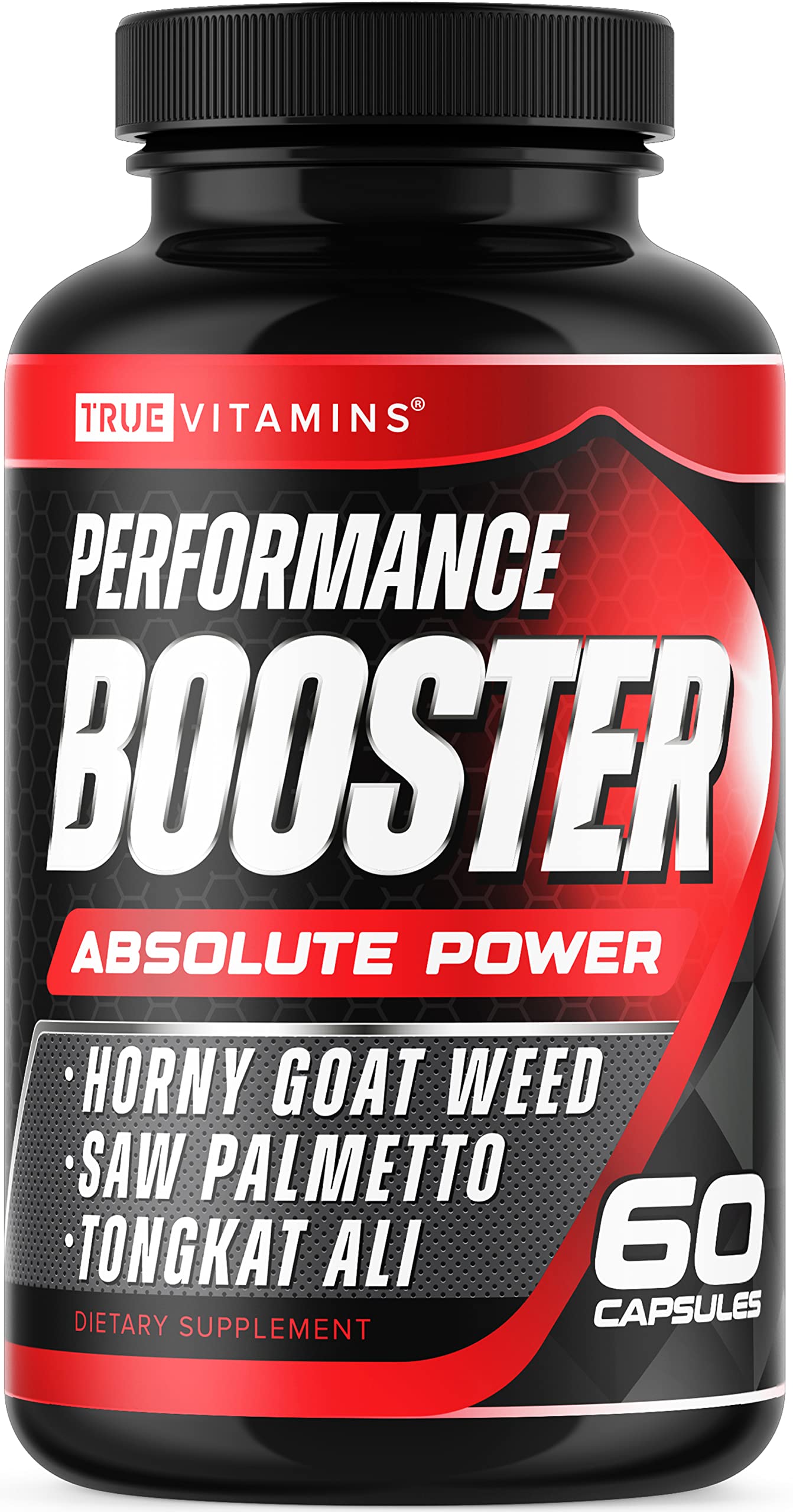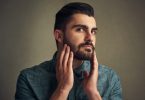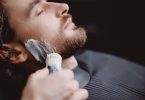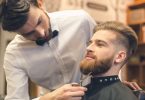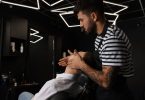Beard growth has become a serious pursuit for many men, and products like beard growth vitamins have surged in popularity. One company leading the charge is Beard Club, offering various supplements touted to support fuller, thicker beards. While these vitamins claim to be packed with natural ingredients like biotin, vitamins, and minerals to boost beard growth, it’s essential to be aware of potential side effects.
Just like any supplement, beard growth vitamins can have adverse effects, especially for those who have sensitivities or underlying health conditions. Let’s explore what you should watch out for when considering beard growth vitamins.
Common Ingredients in Beard Growth Vitamins
Before diving into potential side effects, let’s first take a look at what’s commonly inside beard growth supplements:
- Biotin: Known to strengthen hair and nails, and boost hair growth.
- Vitamin B Complex: Includes B6, B12, and niacin, which aid in hair follicle health.
- Vitamin E: Known for its antioxidant properties, it improves blood circulation and hair growth.
- Zinc: Supports testosterone production, which can stimulate facial hair growth.
- Collagen: Boosts skin and hair health.
Most of these ingredients are generally considered safe, but there’s no such thing as a one-size-fits-all solution, and individual reactions can vary.
1. Skin Reactions
Possible Side Effect: Acne Breakouts
One of the most common side effects reported with biotin-heavy supplements, including Beard Club growth vitamins, is an increase in acne. While biotin itself doesn’t cause acne, it can interfere with the absorption of vitamin B5 (pantothenic acid), which helps regulate skin oils. This imbalance can lead to breakouts, especially if you are already prone to acne.
How to Manage: To mitigate this, ensure you’re drinking plenty of water and consider balancing your intake of biotin with other vitamins to reduce the likelihood of skin issues.
2. Digestive Issues
Possible Side Effect: Upset Stomach, Nausea, or Diarrhea
Beard growth vitamins, like any supplement, can cause digestive discomfort, especially if taken on an empty stomach. Ingredients like zinc or high doses of vitamin B complex can irritate the stomach lining, leading to nausea or stomach cramps.
How to Manage: Always take your vitamins with food and water to minimize gastrointestinal distress. If symptoms persist, reducing your dosage or switching to a different product may help.
3. Allergic Reactions
Possible Side Effect: Itching, Swelling, or Rashes
While rare, some users may experience allergic reactions to certain ingredients like collagen, or other additives. Signs of an allergic reaction include itching, swelling (especially in the face or throat), or rashes. Always read the ingredient list carefully, especially if you have known allergies.
How to Manage: If you experience any signs of an allergic reaction, discontinue use immediately and consult with a healthcare provider. For those with allergies to shellfish, be aware that some collagen is derived from marine sources.
4. Hormonal Imbalances
Possible Side Effect: Unwanted Hair Growth
Beard growth supplements often contain ingredients aimed at boosting testosterone levels, which can help facial hair growth. However, higher testosterone levels can sometimes lead to unwanted hair growth in other parts of the body (e.g., back or shoulders), or exacerbate conditions like male pattern baldness.
How to Manage: If you notice unusual hair growth, it might be worth cutting back on testosterone-boosting supplements. Talk to a doctor if you suspect hormonal imbalances.
5. Potential for Hair Loss
Possible Side Effect: Hair Shedding
This may sound counterintuitive, but some users report temporary hair shedding when starting a new supplement regimen. This phenomenon, often referred to as “shedding,” is part of the hair growth cycle where weaker, thinner hairs fall out to make room for stronger, healthier growth. However, excessive shedding could also signal that the supplement is not reacting well with your system.
How to Manage: If you notice more hair falling out than usual, consult a dermatologist or healthcare professional to ensure the shedding is within a normal range.
6. Overdose of Vitamins
Possible Side Effect: Toxicity from Excessive Vitamin Intake
Vitamins like A, D, E, and K are fat-soluble, meaning they can accumulate in the body if taken in large amounts, potentially leading to toxicity. High levels of vitamin A, for instance, can cause dizziness, nausea, and even hair loss. Over-supplementation of zinc can interfere with copper absorption, leading to anemia or weakened immunity.
How to Manage: Always stick to the recommended dose and avoid taking multiple supplements with overlapping ingredients. If you suspect an overdose, stop taking the vitamins and seek medical advice.
7. Interactions with Medications
Possible Side Effect: Interference with Prescription Drugs
Certain vitamins and minerals, particularly those that affect hormone levels, may interact with prescription medications. For instance, zinc and magnesium can interfere with blood pressure medications, while vitamin E may increase the risk of bleeding if you’re on anticoagulants.
How to Manage: Always inform your healthcare provider of any supplements you’re taking, especially if you’re on medication. This ensures you avoid any harmful interactions.
Conclusion: Should You Use Beard Growth Vitamins?
Beard growth vitamins like those from Beard Club can offer benefits for those looking to enhance facial hair. However, it’s crucial to be mindful of the potential side effects and understand that individual reactions can vary. Before starting any supplement regimen, it’s wise to consult with a healthcare professional, especially if you have underlying health conditions or are taking medications.
While side effects are possible, staying informed and taking the right precautions can help you grow your beard safely and effectively.

